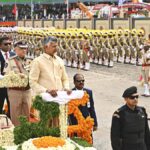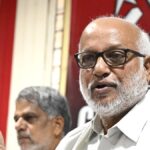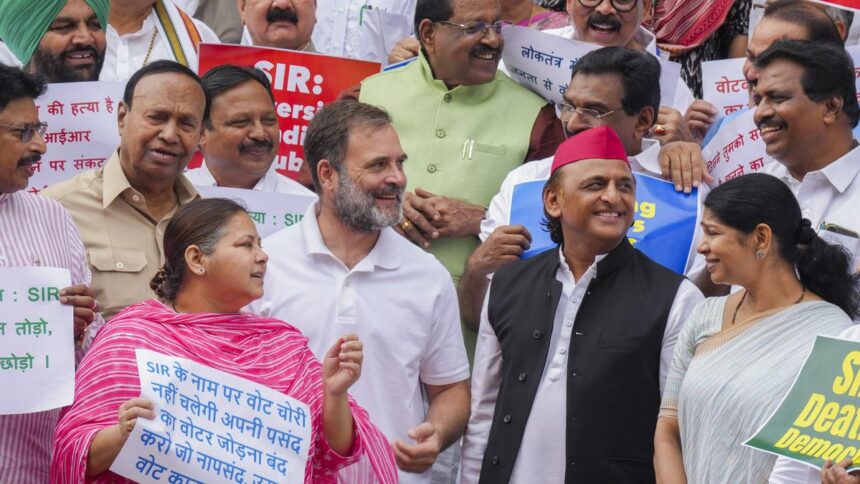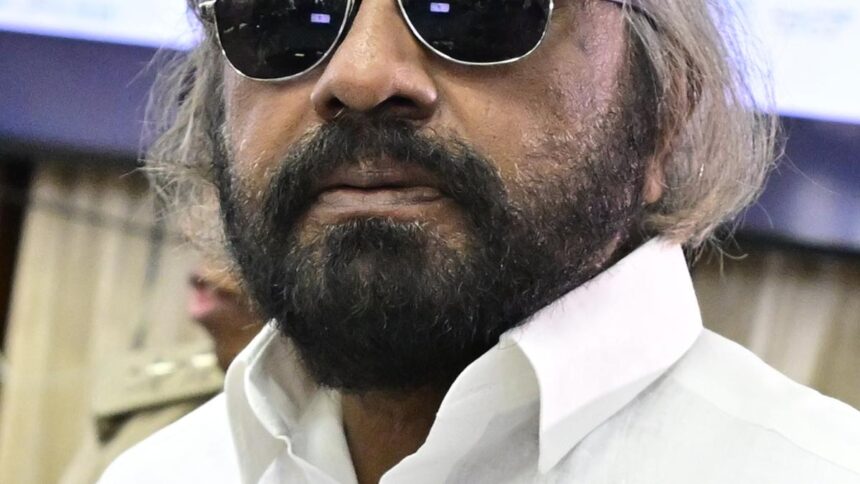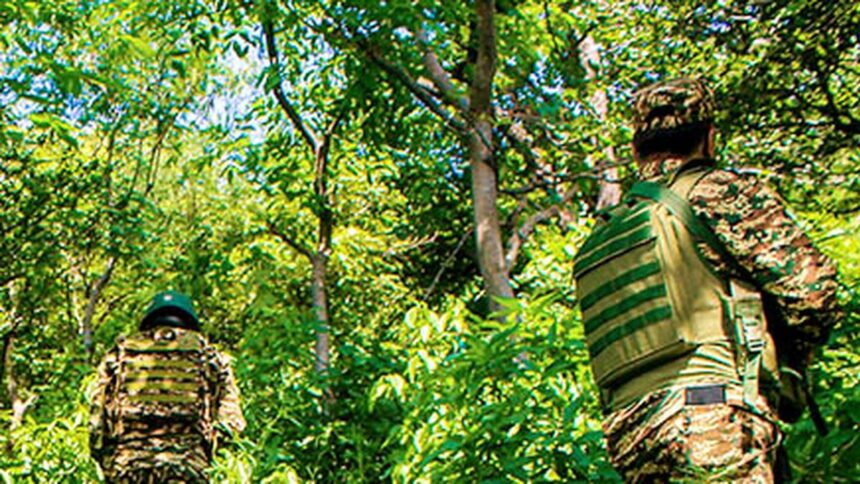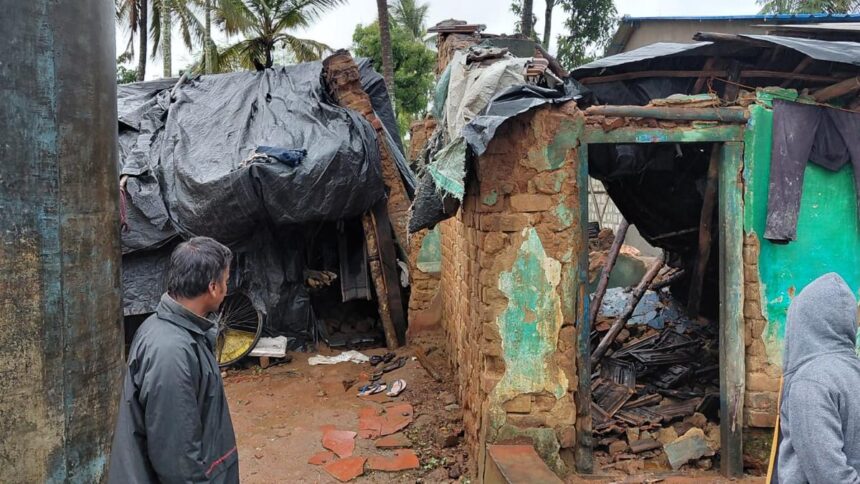Few voices within the Syro-Malabar Catholic Church have been as candid and willing to challenge its hierarchy as Fr. Paul Thelakat’s. The former spokesperson of the Church in Kerala is known for his deep theological insights and fearless critique of power centres.
In a conversation with The Hindu, Fr. Thelakat reflects on the rise of communal narratives within sections of the clergy, the socio-economic shifts reshaping the Syrian Christian community, and the attacks on Christians in north and central Indian States.

You have previously criticised the Catholic Church leadership for appearing to be accommodative of Hindutva forces. How do you view your warnings now?
The Churches in India must evaluate political parties not according to what they say to the bishops but according to their ideologies and manifestos in relation to the basic humanistic commitments. The International Congress of Hinduism in Delhi in 2014 had publicly announced Christian missionaries as one of its enemies among the ‘five malicious groups’. It is true that some leaders of the BJP in Kerala have shown a condescending approach to the Church leaders, but no leader stated anything with regard to a change in their ideology.
Do you think there is an attempt to destroy the communal amity in Kerala? Has the Church leadership also been a party to it?
There exists a secular culture in Kerala which recognises Muslims and Christians as equal citizens with respect and honour. The Hindus in Kerala are very democratic and respect secular values. Unfortunately, some kind of communal spite and even hate is being propagated, especially against the Muslim community. Certain members of the Christian leadership spoke of ‘love jihad’ and ‘narcotic jihad’, thereby aligning themselves with communal prejudice.

How do you see the attacks on Christians in the North Indian States?
The Sangh Parivar organisations are creating fear among minorities in the northern States where any individual or group that falls in the five categories of enemies can be attacked and false accusations and completely wrongful FIRs be lodged against them. Priests and nuns are afraid to travel in their religious attire. Nuns in Kerala and other States have taught millions of students of all religions in private and government-aided schools and colleges. There had been no accusations of conversion. Millions of patients have been nursed by nuns.
How do you see Archbishop Mar Joseph Pamplany’s statement expressing gratitude to the BJP after bail was granted to the nuns arrested on human trafficking and forced conversion charges in Chhattisgarh? He had earlier promised votes for the BJP if the price of rubber was raised to a certain level. Was the bishop right in seeking to trade the votes of the faithful?
Archbishop Pamplany’s statement was unfortunate but he has not in reality betrayed Christ as some others have done for their personal ambitions and institutional interests. Unfortunately, the bishops have failed the Catholic community in refusing to hear it before they make political decisions. It is unfortunate that we have to recognise that there is a communal tendency within the Church, especially among the clergy.
There is a suggestion that nuns must eschew their habit when travelling outside. This is to prevent incidents such as what happened in Chhattisgarh?
How to dress, what to cook in the kitchen or what to eat are personal matters about which no politics must interfere, but now these are the very things the Hindutva forces impose on all. The pity is that the law-enforcing authorities pretend not to see such incidents. The law is not applied equally to all.
Why are some priests and bishops leaning towards the BJP? Are they afraid of action by Central agencies?
Their stance reflects George Orwell’s notion of ‘double speak’. The ED (Enforcement Directorate) has been used for political purposes, as seen in the electoral bonds cases.
Is there a division between Christians and Muslims in Kerala? Do you think there are conscious attempts to create such a conflict?
It is a sad fact that there was an orchestrated campaign against the Muslim community with such a hate propaganda, and some bishops and priests joined it consciously or unconsciously. Traditionally, Syrian Christians were tied to land and agriculture. The new generation, however, pursued professional careers through education, and shows little interest in land ownership. Many have migrated overseas for work. While Christians sell their land, Muslims, who have both the resources and the population, are buying it. This has created a mimetic rivalry which perhaps underlie the Synod bishops’ statement on love jihad.
Do you believe the law on religious habits for nuns should be strictly followed?
Christians must learn how to live in a culture of hate. In matters of nuns, decisions should be made without outside interference. I regret to note that the male-dominated culture in the Church is also weakening the convents.
Published – August 15, 2025 01:59 pm IST



